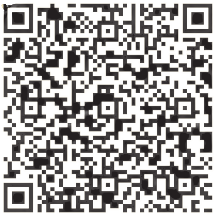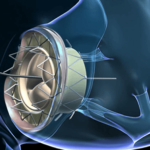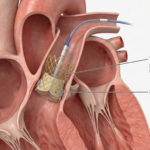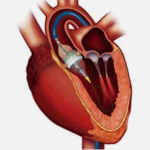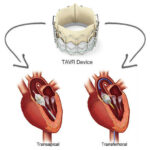Understanding the Differences Between Heart Attack, Cardiac Arrest, and Heart Failure
Heart Attack: Blockage of Blood Vessels Supplying the Heart
A heart attack, also known as myocardial infarction, occurs when a blood vessel supplying the heart muscle becomes blocked. This blockage cuts off the supply of oxygen-rich blood to a portion of the heart, causing the affected heart muscle to die. Heart attacks are caused by the buildup of plaque in the coronary arteries, which can eventually rupture and form a clot that blocks blood flow.
Cardiac Arrest: The Heart Stops Beating
Cardiac arrest is a life-threatening condition where the heart suddenly stops beating, rendering the person unconscious and unable to breathe. This is caused by a malfunction in the heart’s electrical system, which controls the pumping action of the heart. When the electrical system fails, the heart stops contracting, and the person goes into cardiac arrest. Cardiac arrest is not compatible with life, and if the heart is not revived within 3-4 minutes, the person will not survive.
Heart Failure: Loss of Pump Efficiency
Heart failure is a chronic condition where the heart’s ability to pump blood effectively is impaired. This can be caused by a variety of factors, including damage to the heart muscle, faulty valves, or electrical system problems. In heart failure, the heart is unable to pump enough blood to meet the body’s needs, leading to symptoms such as shortness of breath, fatigue, and swelling.
Causes of Heart Failure
- Plumbing issues (problems with the blood vessels or valves)
- Electrical system problems (issues with the heart’s electrical signals)
- Damage to the heart muscle (such as from a heart attack)
While heart attacks, cardiac arrest, and heart failure are all serious cardiovascular conditions, they differ in their underlying causes and symptoms. A heart attack is caused by a blockage in the blood vessels supplying the heart, cardiac arrest is caused by a malfunction in the heart’s electrical system, and heart failure is caused by a loss of the heart’s pumping efficiency.
Understanding the Differences
It’s important to understand the differences between these conditions, as they require different treatment approaches. A heart attack may lead to cardiac arrest if the blockage is severe enough, but a heart attack does not necessarily always result in cardiac arrest. Similarly, heart failure can be a consequence of a heart attack or other underlying conditions, but it is a distinct condition with its own set of symptoms and treatment strategies.
Recognizing the signs and symptoms of each condition is crucial, as prompt medical intervention can mean the difference between life and death. If you or someone you know experiences symptoms of a heart attack, cardiac arrest, or heart failure, it’s important to seek immediate medical attention to receive the appropriate treatment and increase the chances of a positive outcome.




